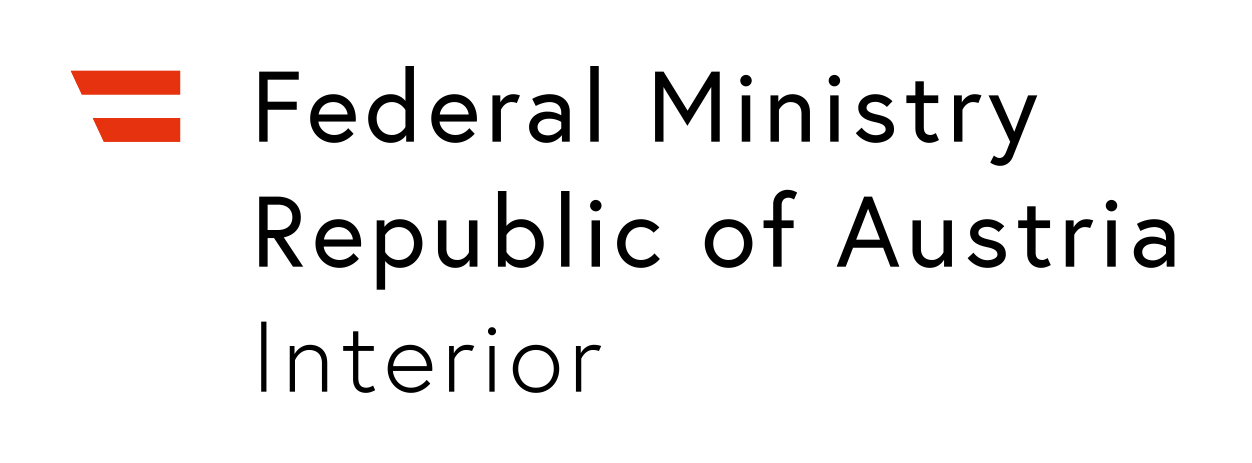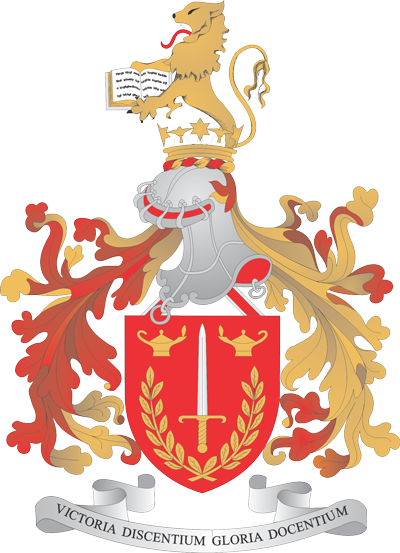Consortium
















www.gla.ac.uk/schools/socialpolitical/
Staff undertaking the tasks
Professor Dr Michele Jane Burman (female) BA. Hons. MSc. PhD. FRSE
Head of School of Social and Political Sciences
University of Glasgow, and Founding Co-Director Scottish Centre for Crime and Justice Research (SCCJR).
Michele Burman has substantial specialist knowledge and expertise in the area of gender, crime and justice, particularly responses to sexual offences and domestic abuse. She has conducted theoretical and policy-related research for a range of funding bodies (e.g. the Scottish Executive, the ESRC, the British Academy, the European Commission, the Wellcome Trust, NHS Health Scotland, and the Nuffield Foundation). Michele has a sound knowledge of criminal justice, due process, and the law of evidence. This has been developed over many years of researching aspects of criminal justice, and from utilising a variety of data sources and data-gathering methods for a diverse range of research projects. Michele is a skilled qualitative researcher with a decent knowledge of quantitative techniques and analysis. Michele is the Co-Convenor of the European Society of Criminology Working Group on Gender, Crime and Justice.
Dr Oona Brooks-Hay (female) BA. Hons. MSc. PhD.
Senior Lecturer in Criminology, Scottish Centre for Crime and Justice Research (SCCJR), University of Glasgow, and founder of the University of Glasgow Gender Based Violence Research Forum.
Oona Brooks-Hay has worked as a researcher and practitioner in the field of gender based violence for over 20 years. She has extensive experience of researching and writing about domestic abuse, rape and sexual assault. Oona has also worked closely with professionals, policy makers and practitioners in the field of gender based violence. Oona is the founder and Coordinator of the University of Glasgow Gender Based Violence Research Forum and a Coordinator of the Scottish Gender Based Violence Research Network. She is also a member of the European Network on Gender and Violence, Women Against Violence Europe and the European Society of Criminology Working Group on Gender, Crime and Justice.

